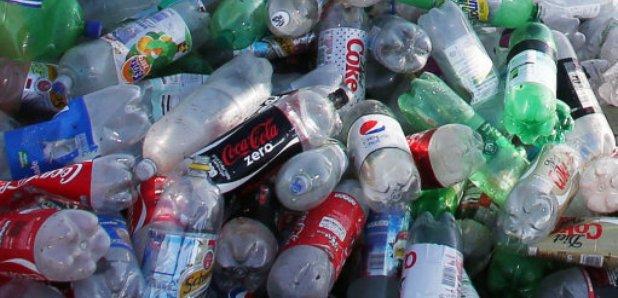On Air Now
Heart's Club Classics with Pandora Christie 7pm - 11pm
4 February 2019, 12:43 | Updated: 4 February 2019, 12:49

The RSPCA has revealed plastic litter incidents affecting animals are now at all-time high.
The animal welfare charity has recorded a rise in incidents affecting animals involving plastic litter from 473 in 2015 to 579 in 2018, bucking a downward trend for all types of litter.
In the East of England, there were 45 incidents involving plastic litter in 2015, but last year, 2018, that rose to 91.
The charity's latest data also reveals that there are certain animals - especially those that live in water habitats - which are being affected disproportionately by plastic.
For example, there has been a fourfold rise in seals affected by incidents involving plastic litter with 28 recorded across England and Wales in 2018 compared to just 5 in 2015.
Plastic litter is also a particular problem for certain water birds, with incidents involving geese rising from 37 to 70 and swans rising from 40 to 48 across England and Wales during that same four-year period.
RSPCA Head of Wildlife, Adam Grogan said:
"This shocking rise in plastic litter incidents suggests that plastic is a growing threat to animals.
Every year, the RSPCA deals with increasing numbers of mammals, birds and reptiles that have become entangled or affected in some way by discarded plastic.
From seals with deep infected wounds caused by plastic frisbees cutting into their necks, to swans and geese trapped in fishing line or netting, plastic is clearly having an increasing impact on animal welfare.
Our latest data sadly reflects the wider litter crisis taking place right now across the globe and action is urgently needed. It's up to every one of us to do our bit in the war against litter."
In the East of England, general litter incidents have also increased, with plastics more than doubling.
LOCAL INCREASES 2018 FIGURES - ANIMALS IN HERTFORDSHIRE TAKE THE BRUNT